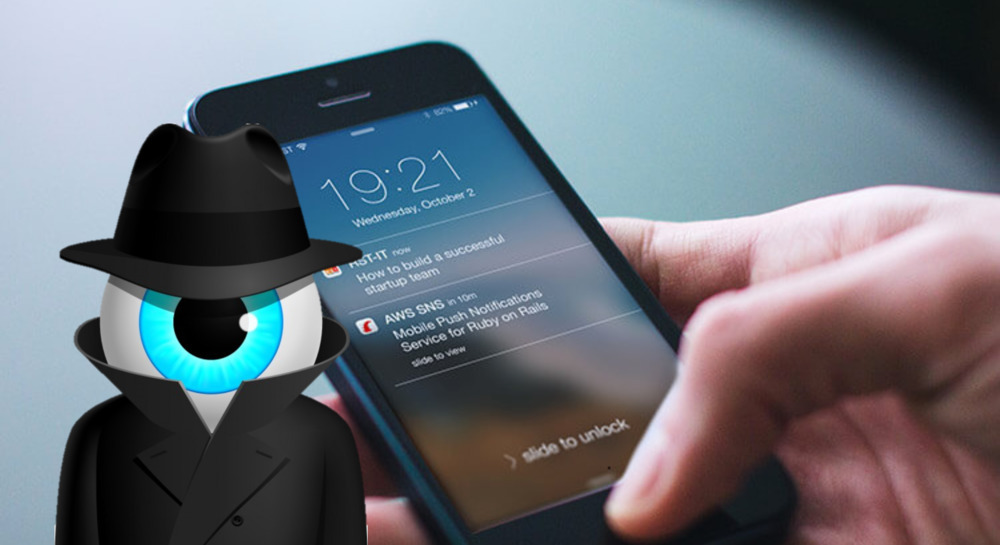Push Notifications Threaten User Privacy
The Federal Bureau of Investigation (FBI) is using push notifications to track suspects involved in serious crimes such as child abuse, kidnapping, terrorism, and murder. According to The Washington Post, the agency has filed more than 130 warrants for push notification data across 14 states. While this method has proven valuable for law enforcement, it has also raised concerns among privacy advocates.
Due to the weak protection of push notification systems on mobile devices, American investigators often obtain valuable information. Data disclosure occurs even when suspects try to hide their communications using encrypted messaging, since, unlike messages in secure messengers, push notifications are not encrypted at all.
Privacy advocates are worried that this type of mobile data could be misused. Cooper Quintin from the Electronic Frontier Foundation said, “This is how any new surveillance method starts. The government says they will only use it in the most extreme cases… But these things always end up going downhill.”
There are concerns that this data could be used to track people who have not committed serious crimes, such as political activists. It could also affect women seeking abortions in states where such procedures are restricted, as all their clinic visits could be recorded through push notifications.
Additionally, data about push notifications from Apple, Google, third-party services, or app developers could also be requested by foreign governments for their own investigations or political persecution. Human rights advocates are already concerned that this may have been happening for years, but only now has this information come to light.
The FBI’s use of push notifications comes amid growing pressure on tech companies to address child safety issues on their platforms. Meta Platforms Inc., the parent company of Instagram and FacebookFacebook launched an official Tor mirror in 2014, becoming the first major tech company to provide direct access through onion routing. The mirror allows users to bypass censorship, secure their connections, and avoid phishing risks while using the platform. This step also underscored Facebook’s recognition of free expression and inspired other outlets like the BBC and ProPublica to create their own Tor versions. More, is reportedly struggling to control networks of pedophile accounts.
This new surveillance method intensifies ongoing debates about the balance between privacy and security in the digital age, as lawmakers criticize the tech industry for its inability to effectively regulate itself.



